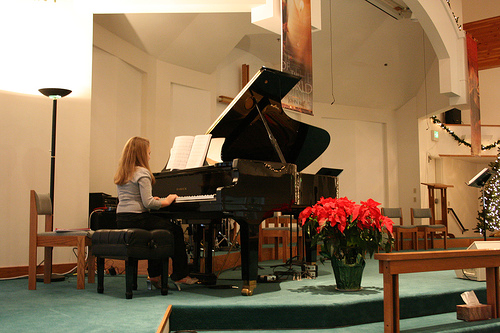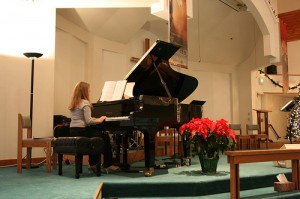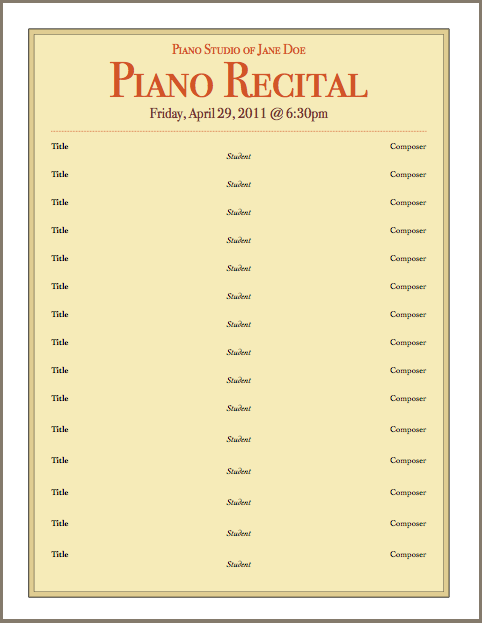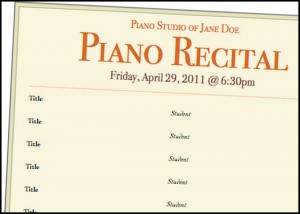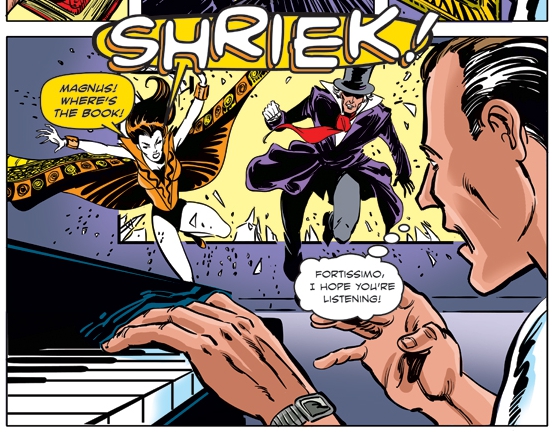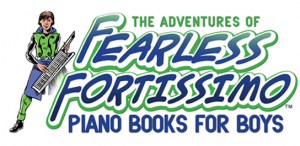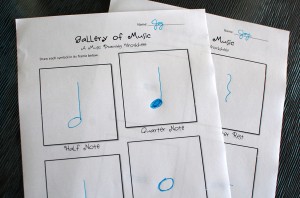 Happy Valentine’s Day! I have a free printable to share today…
Happy Valentine’s Day! I have a free printable to share today…
This is a set of simple worksheets for having students learn to draw various music symbols. The worksheets can be used singly or in groups, depending on what concepts your students are currently learning. I would encourage students to use colorful crayons to draw the symbols.
Here are the symbols covered on each page:
- Quarter, half, dotted-quarter, and whole notes.
- Quarter, half, dotted-quarter, and whole rests.
- Single eighth note, beamed eighth notes, eighth rest, and dotted quarter note.
- Treble clef, bass clef, staff, and grand staff.
- Barline, double barline, repeat sign, and time signature.
- Forte, piano, mezzo forte, and mezzo piano.
- Sharp, flat, natural, quarter note with flat.
- Slur, tie, staccato, accent.
If you have suggestions for more symbols to include in additional worksheets, let me know!
To download this set of worksheets, visit the Printables > Worksheets page and scroll down to the G’s for “Gallery of Music – Symbol Drawing Worksheets.”
P.S.: I received an email yesterday from the MTNA Collegiate Chapter at Butler University, asking if I’d send a link to the survey they created about online marketing for piano teachers. They are looking for responses to help them with a session they will be presenting at the MTNA National Conference in NYC next month. Please take a minute of your time to help them out! http://tinyurl.com/butlersurvey2012
P.S.S.: Today is the last day to sign up to attend the MTNA National Conference at the early registration discount! Visit mtna.org to learn more. Hope to see you in NYC!


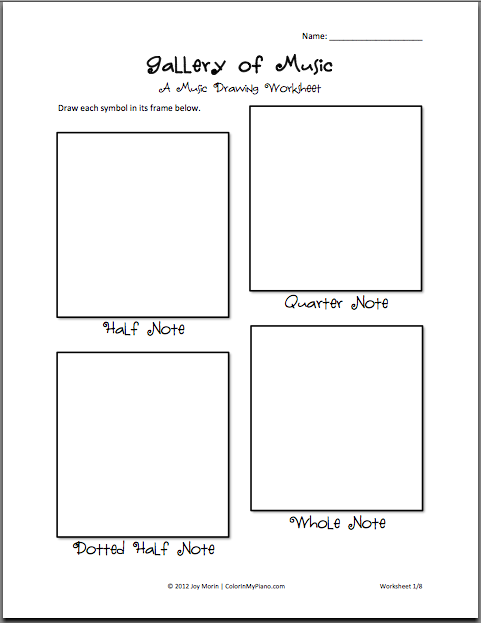



 I recently started to do some in-depth planning for the summer camps I plan to offer this summer! My studio policies provide students with two options for the summer months (June-August):
I recently started to do some in-depth planning for the summer camps I plan to offer this summer! My studio policies provide students with two options for the summer months (June-August):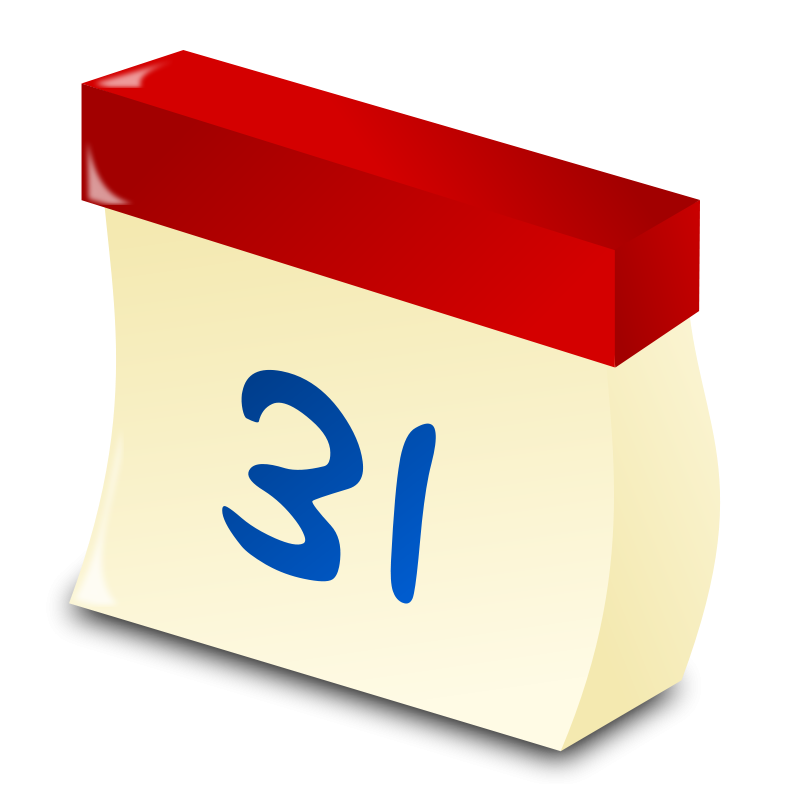
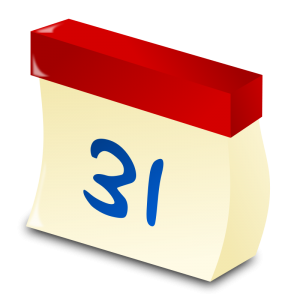
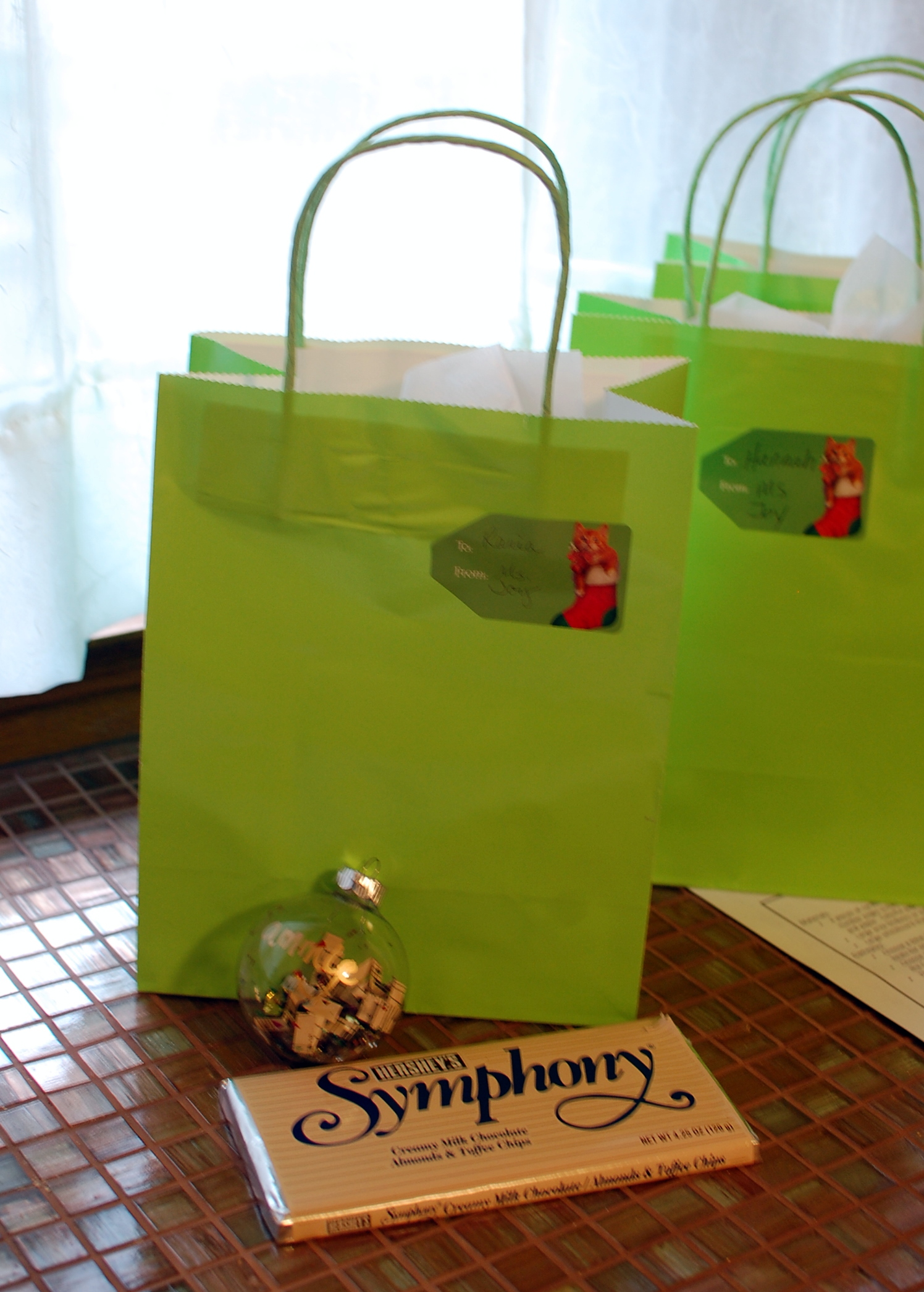
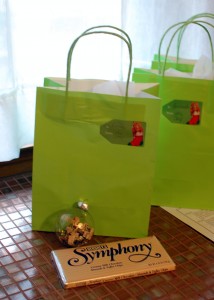

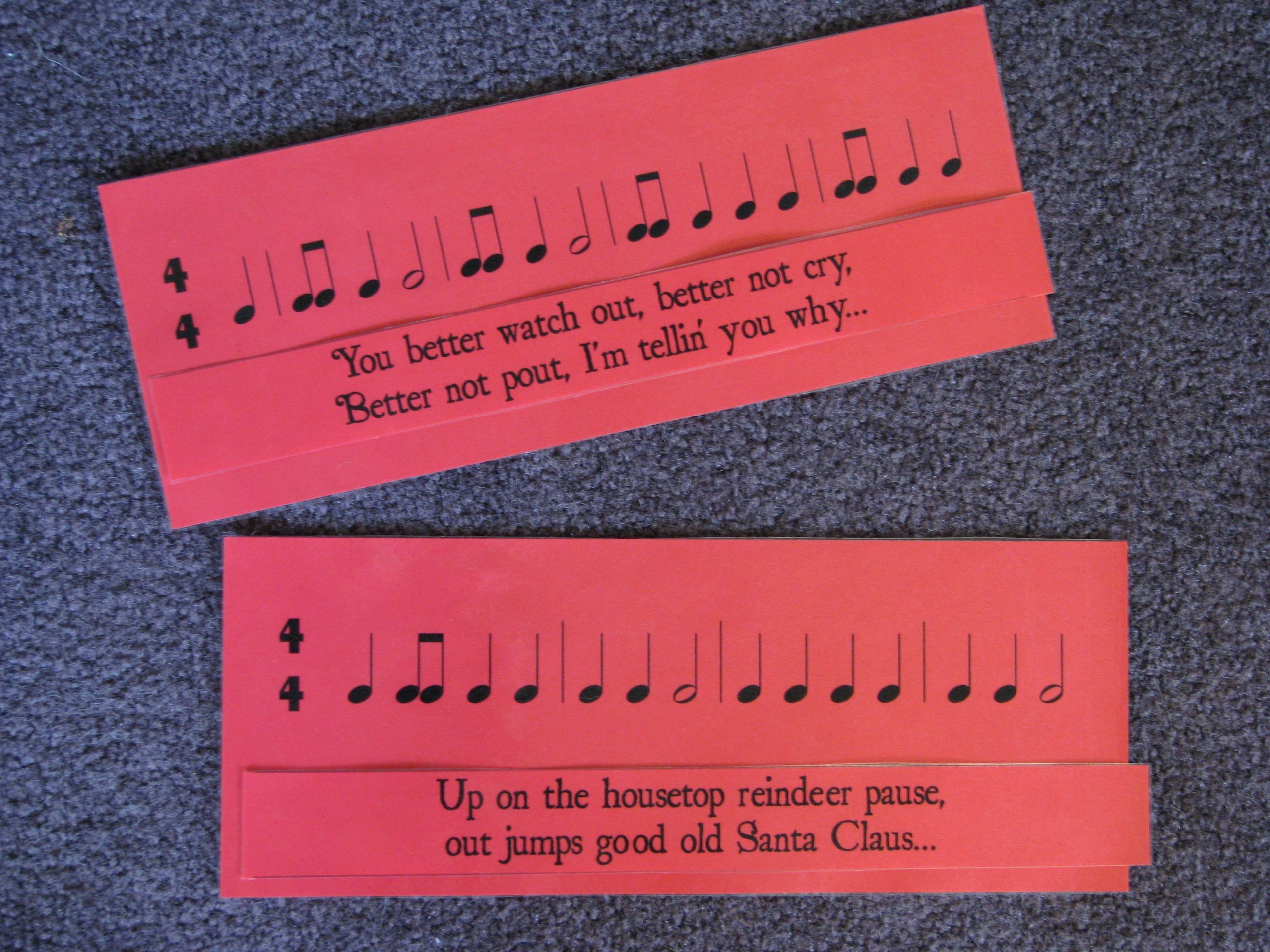
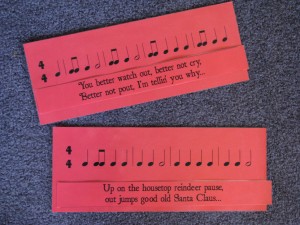
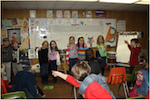
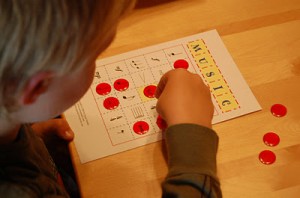
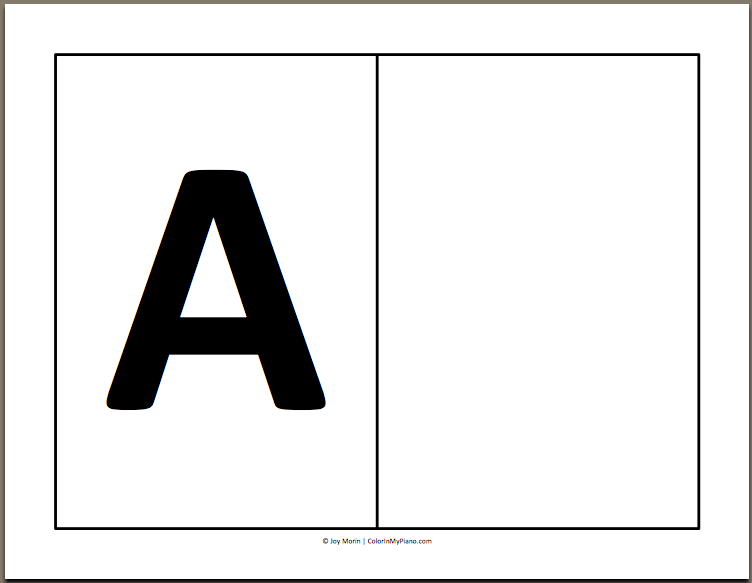
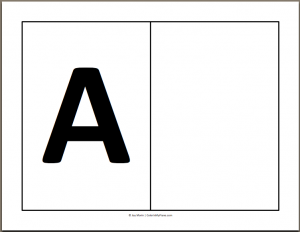

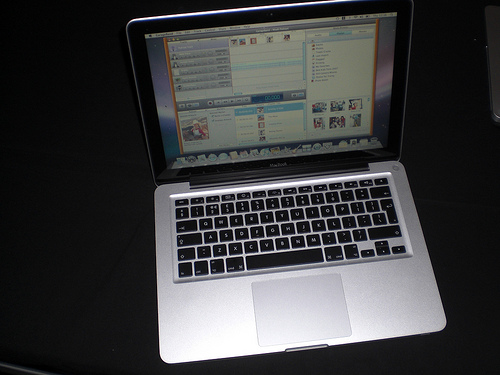 I’ve been intending to write this post in the “Studio Marketing” series (perhaps the last one) for awhile now, but I was stalling in hopes of being able to include more information about the new Google+ social networking site……I’ll get to that in a moment. Read on. 🙂
I’ve been intending to write this post in the “Studio Marketing” series (perhaps the last one) for awhile now, but I was stalling in hopes of being able to include more information about the new Google+ social networking site……I’ll get to that in a moment. Read on. 🙂